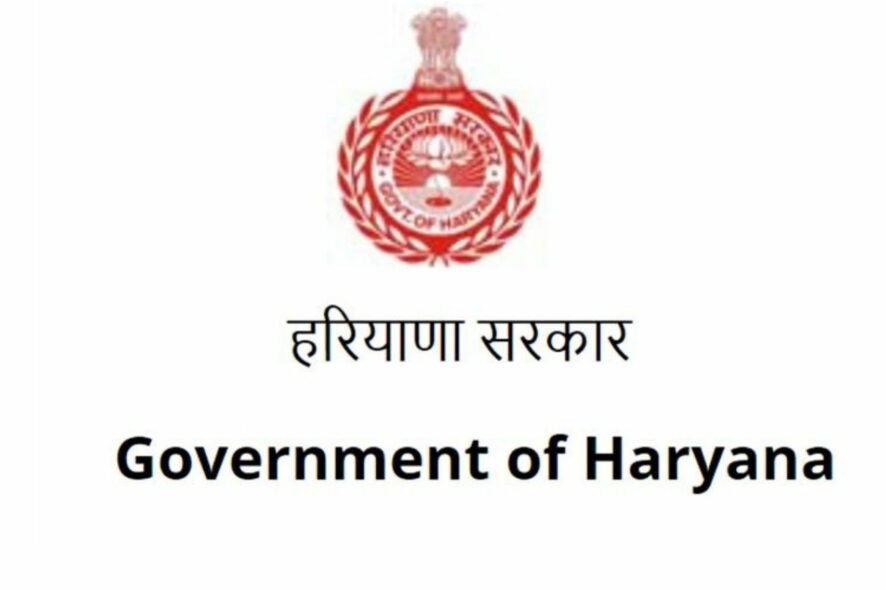Government of Haryana has launched new e-vehicle policy named “Haryana Electric Vehicle Policy-2022” which will be effective from 10-07-2022 for a period of 5 years. Through this policy the Haryana Government aims to contribute to improve the environment, reduce carbon footprints and aggressively motivate the citizens to buy Electric Vehicles.
The policy focuses on the following aspects:
- Incentives for Manufacturers: The manufacturers of Electric (EV, BEV, FCEV) vehicles, charging infrastructure and EV/Hydrogen/Charging infrastructure components shall be eligible for some incentives, such as, capital subsidies, support for seed and conversion fund, net SGST reimbursement up to 50%, 100% stamp duty reimbursement, 100% exemption on Electricity Duty for a period of 20 years and employment generation subsidy.
- Incentives for Buyers: Buyers will be able to avail some benefits under the FAME India scheme Phase II such as one-time purchase incentive, exemption in motor vehicle tax and discounted vehicle registration fee. The Haryana Government will also provide benefits to category of vehicles not covered under FAME-II scheme or any other similar incentive provision announced by Government of India within the policy period.
- Increasing availability:
- In order to ensure availability of adequate charging infrastructure, such infrastructure will be developed by the state in all existing and new public buildings, public parking places, all bus depots / sub-depots of State Transport Undertakings.
- Public Sector Undertakings (PSUs) will also be encouraged to set-up charging infrastructure in the State within their premises and at public areas.
- All new and existing petrol pumps will be encouraged to have charging stations and battery banks depending upon demand and viability.
- Fast charging stations and battery swapping infrastructure will be provided on highways and other prominent roads within every 30 km.
- Creation of demand:
- Multiple Government offices and public areas will be chosen for installing public charging equipment that can be used publicly.
- The cities of Gurugram & Faridabad will be declared as model Electric Mobility (EM) cities with phase-wise goals to adopt Electric Vehicles (EVs), charging infrastructure to achieve 100% e-mobility. These cities shall convert 100% of all commercial passenger carrying vehicles to electric vehicles.
- Efforts shall be made to convert 100% of bus fleet owned by Haryana State Transport Undertakings into electric buses or Fuel Cell Vehicles or other non- fossil-fuel-based technologies in a phased manner by 2030.
- Increasing Awareness: For taking the technology to the common man, test rides in collaboration with various vehicle manufacturers will be promoted. The state will also support the Bureau of Energy Efficiency in the ‘Go Electric’ awareness campaign. Awareness and orientation workshops would be held for target audiences.
- Generation of employment opportunities-
- There will be Human Capacity Building Training for various skill developments to the stakeholders and Industrial Training Institutes will conduct courses for the repair of electric vehicles.
- In order to provide sufficient skilled employees to the manufacturers of Electric Vehicles in the State, Govt. organizations / PSU/ private companies shall be encouraged to set up Centres of Excellence (CoE). Five such CoEs shall be incentivized with a 50% grant of project cost up to INR 5 crore.
- State Government will also encourage skill development and training programmes for youth as per National Skill Development Corporation Guidelines. Incentives from Government of India can be availed by training institutes and EV manufacturing units providing job linked trainings.
- Promotion of Research and Development (R&D)- R& D in the field of e-mobility in co-ordination with State/National or International level Organizations will be promoted by the State Government by
- Subsidies for project cost will be provided to Educational or Research Institutes setting up R&D centres for developing new electric charging and electric vehicle technology.
- First 10 Research Institutes / research centers conducting dedicated research on non-fossil-fuel based mobility solution will be provided with INR 5 crore incentive for developing new technology as per selection.
- An additional one-time subsidy of INR 25 lakh will be extended to first 20 college / ITI/ Polytechnic for setting up of infrastructure related to R&D under EV segment.
- The policy also provides Fixed Capital Investment (FCI) subsidies for privately owned public charging stations/privately owned battery swapping stations.







